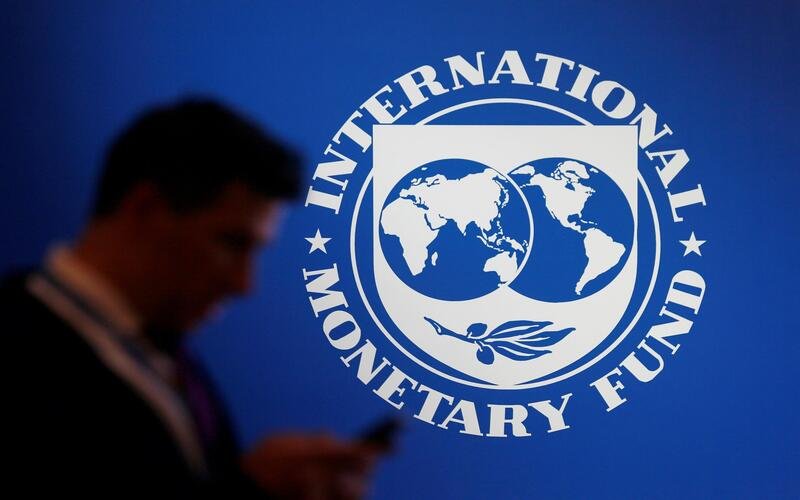On Tuesday, the International Monetary Fund (IMF) boosted Asia’s economic estimate due to China’s rebound but warned of dangers from prolonged inflation and global market volatility caused by Western banking sector difficulties.
The IMF predicted that Asia’s spillover from China’s openness would be a consumer and service-sector demand, not an investment.
“Asia and Pacific will be the most dynamic of the world’s major regions in 2023, predominantly driven by the buoyant outlook for China and India,” stated the IMF’s regional economic outlook report.
“As in the rest of the world, domestic demand is expected to remain the largest growth driver across Asia in 2023.”
The IMF expects Asia’s GDP to rise 4.6% this year, following 3.8% in 2022, contributing 70% of world growth.
The analysis predicts 5.2% and 5.9% growth in China and India, respectively, whereas growth in the rest of Asia will bottom out this year.
However, the IMF cut next year’s Asian growth forecast by 0.2 of a point to 4.4% and warned of risks from stickier-than-expected inflation, slowing global demand, and U.S. and European banking-sector stress.
“While spillovers to the region from stress in U.S. and European financial sectors have been relatively contained thus far, Asia remains vulnerable to tightening financial conditions and sudden and disorderly repricing of assets,” the IMF stated.
Asia’s heavily indebted business and family sectors are “significantly” more susceptible to a rapid spike in borrowing costs, it warned.
The IMF advised Asian central banks, barring Japan and China, to tighten monetary policy to lower inflation, which might continue to be high owing to strong domestic demand.
“The costs of failing to bring inflation below target are likely to outweigh any benefits from keeping monetary conditions loose,” the IMF stated.
“Insufficient tightening in the short term would require disproportionately more monetary tightening later to avoid high inflation becoming ingrained, making a larger contraction more likely.”
The IMF added that while China will fuel the regional economy, its property sector remains a concern that policymakers must address to guarantee an equal recovery.
Bigger developers profited from recent government financing reforms. However, Thomas Helbling, IMF deputy head of the Asia and Pacific Department, said smaller, weaker firms in China have yet to recover.
“While the government’s (recent) effort has stablised the market, it should proactively support the restructuring of weaker developers which are still suffering,” Helbling told a Hong Kong media conference.
After developer defaults and a drop in home sales, China’s policymakers have been trying to stabilize the 25% of the GDP sector.
“Weaker home markets have yet to recover. Helbling stated we need more policies to reduce hazards.












































Comment Template